|
Kenyans are still trying to come to terms with this week’s terror attack on an upmarket complex in the capital Nairobi. Islamist militant group, al-Shabaab, has claimed responsibility. The big questions being asked is why the group continues to target Kenya, and what can be done about it. Brendon Cannon and Martin Plaut share their insights while Stig Jarle Hansen writes that although Kenya has made
considerable progress in managing the threat of terrorism, the attack shows that al-Shabaab is able to take advantage of persistent weaknesses.
Kenyans were outraged by The New York Times which published images of victims of the attack. George Ogola explains why this provoked such a strong response.
Ivorians are preparing themselves for the return of former President Laurent Gbagbo who is set to return home after being acquitted by the ICC on charges of crimes against humanity allegedly committed after he lost the 2010 election. Peter Penar writes that Gbagbo’s influence continued to shape politics in the country during his seven-year absence, and that his return could shape next year’s presidential election. For his part, Luke Moffett explains why the acquittal of Gbagbo as well as youth militia leader Charles Blé Goudé is another blow to the struggling court. In other news we look at rising tensions in Zimbabwe. Thousands took to the streets this week after President Emmerson Mnangagwa announced that the petrol price will be doubled. The move sparked outrage. Robert Rotberg sets out the real issues Mnangagwa should be focussing on.
Neighbouring South Africa is gearing up for a general election this year. The governing African National Congress is promising to turn around the country’s fortunes. But Cheryl Hendricks argues that a concrete plan is needed to ensure the grand ideals are translated into action.
|
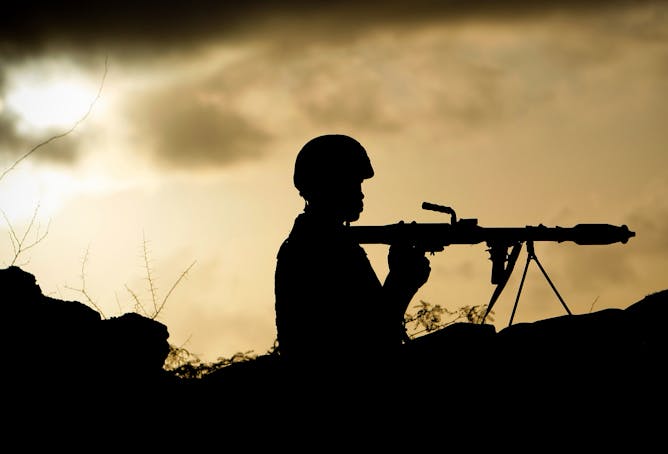
Al-Shabaab’s first attack on Kenyan soil was in 2008. Since then the Kenyan government has responded with force.
United Nations Photo/Flickr
Brendon J. Cannon, Khalifa University; Martin Plaut, School of Advanced Study
Kenya is attacked far more than Ethiopia or other eastern African states by al-Shabaab militants.
|
Kenya terror attack
|
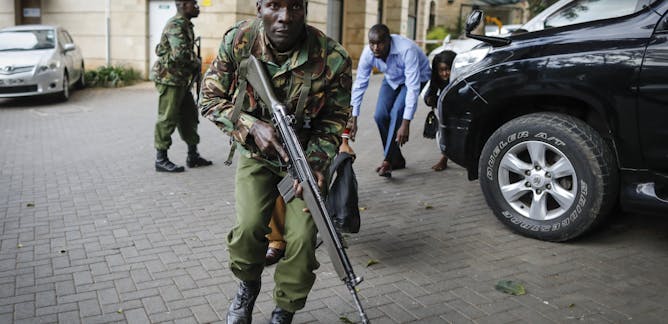
George Ogola, University of Central Lancashire
Foreign press took away the dignity from victims killed in the Nairobi terror attacks by publishing their pictures.
| |
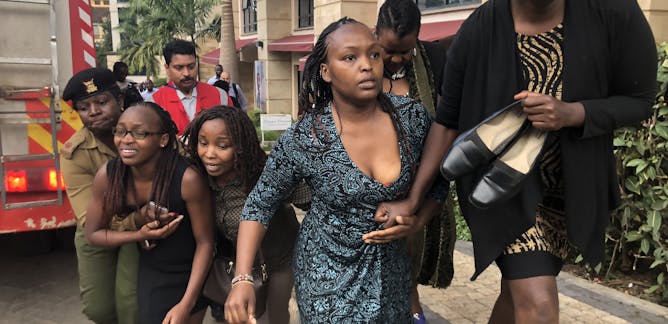
Stig Jarle Hansen, Norwegian University of Life Sciences
Kenya has done a great deal to prevent and manage terror attacks but there are still many problems that need to be addressed.
|
|
|
Gbagbo's return
|
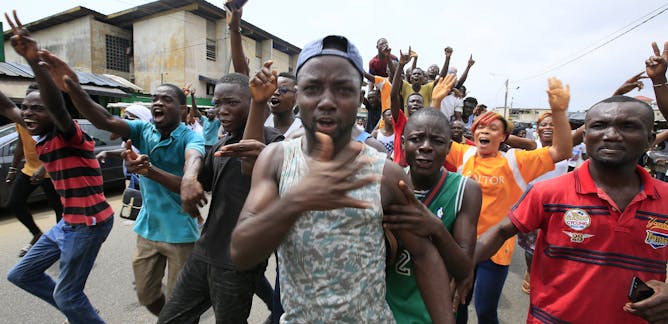
Luke Moffett, Queen's University Belfast
The ICC is meant to be a Court of last resort, to ensure justice for victims and to end impunity. It's not living up to these promises.
| |
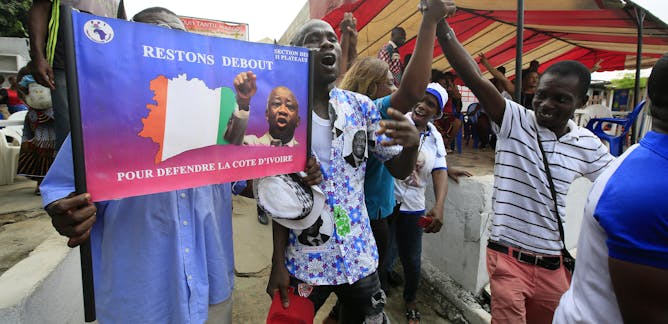
Peter Penar, Michigan State University
Despite former Ivorian president Laurent Gbagbo's absence, he continued to influence opposition party loyalties in the country.
|
|
|
In other news...
|
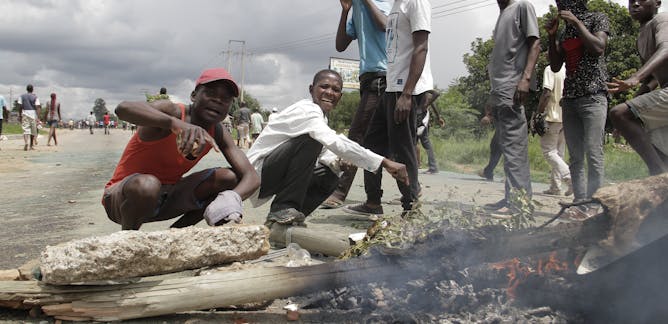
Robert Rotberg, Harvard Kennedy School
President Emmerson Mnangagwa's decision to double the price of petrol shows very poor judgement and bad leadership.
| |

Cheryl Hendricks, Human Sciences Research Council
The vision set out by Cyril Ramaphosa has the seeds for galvanising South Africans to get back on the right path. But it urgently needs a plan to make it happen.
|
|
|